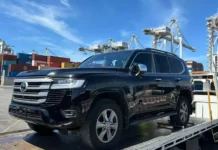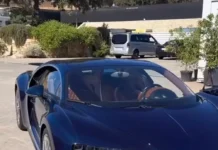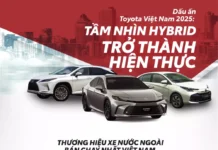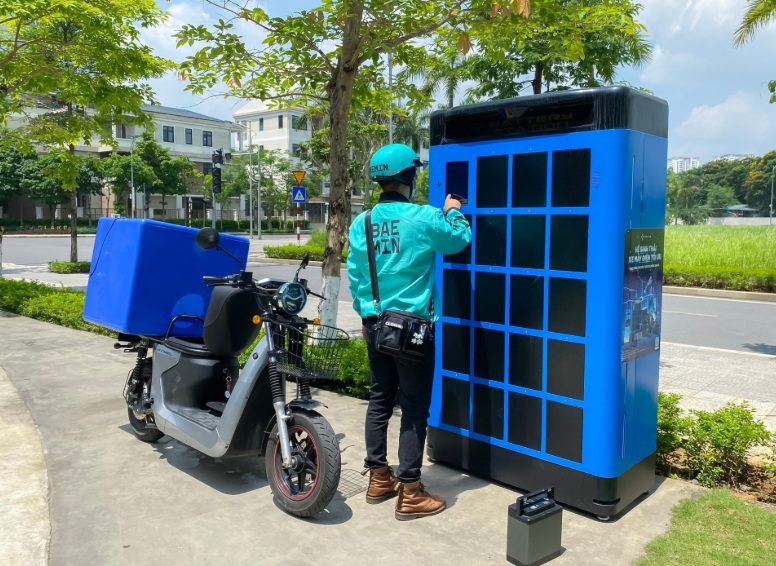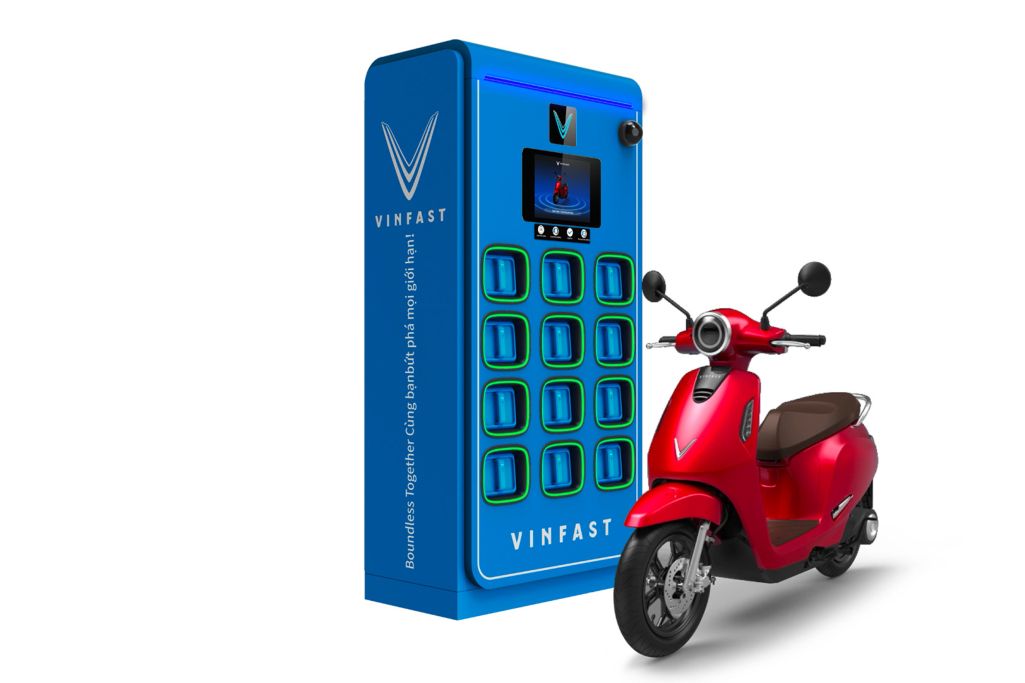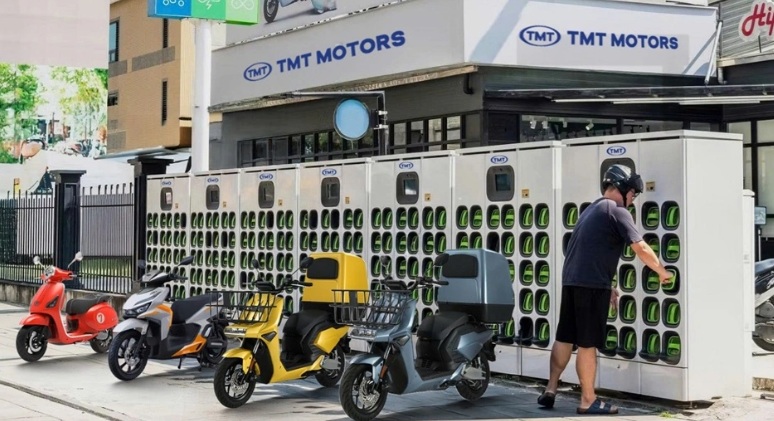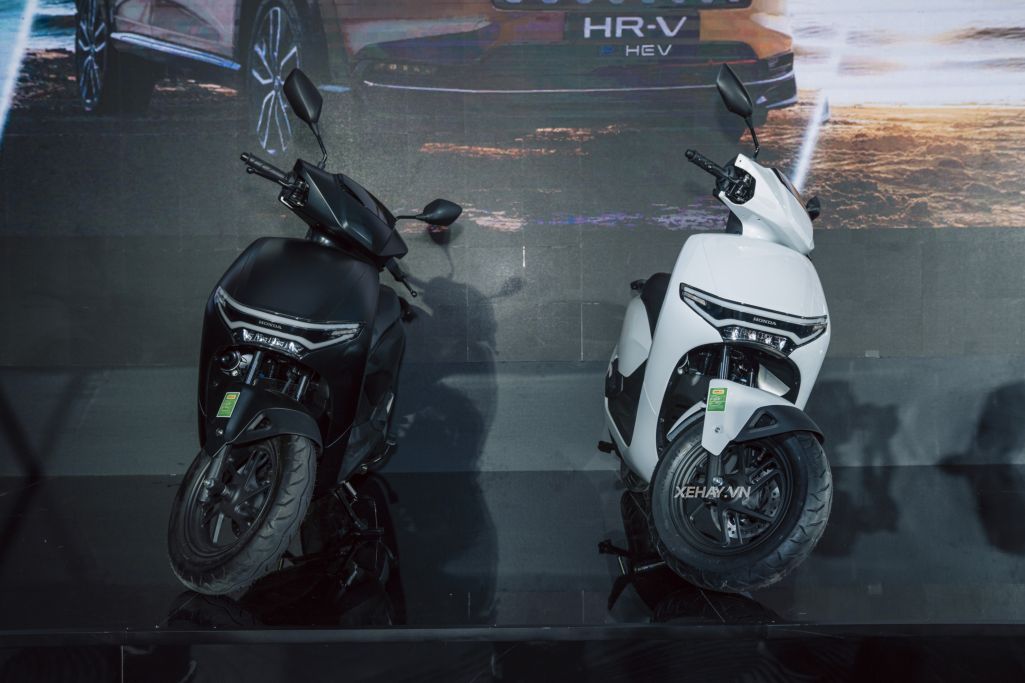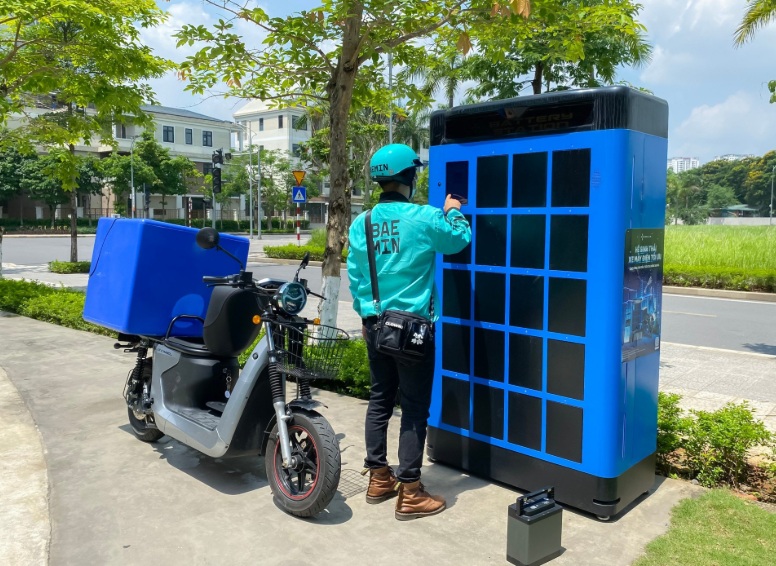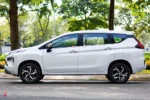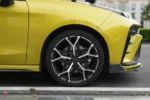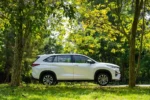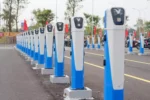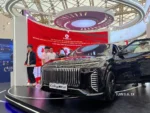Hanoi and Ho Chi Minh City have planned to restrict and eventually ban fossil fuel-powered motorcycles by 2026, making the shift to electric motorcycles almost inevitable.
However, many people are still hesitant due to the inconvenience of charging at rented accommodations or apartments, and the limited range of electric vehicles.
In this context, battery swapping stations are considered a reasonable solution. Users don’t have to change their habits too much; they just need to go to the station, swap their empty battery for a fully charged one, similar to the traditional way of “refueling.” This model has been adopted by many countries, especially China.
In Vietnam, investing in a battery-swapping station infrastructure is still considered a “gamble” as the electric vehicle market has not yet boomed. But with the trend towards prioritizing green transportation, battery-swapping infrastructure could become a decisive factor in the race to dominate the market.
The most prominent player in this field is VinFast. The company announced that it would introduce battery-swappable electric motorcycles in October and simultaneously operate 1,000 battery-swapping stations initially, expanding to 50,000 by the end of the year, and aiming for 150,000 stations nationwide. Each vehicle will have two removable batteries with a capacity of 1.5 kWh each, offering a maximum range of approximately 85 km under standard conditions. Users can lease the batteries for VND 200,000/month, and when swapping at the station, they only pay an additional VND 9,000/battery. Considering the total cost, using an electric motorcycle will be as affordable as, or even cheaper than, a gasoline-powered one, especially for frequent commuters.
Apart from VinFast, TMT Motors is also entering the market, planning to launch five electric motorcycle models in Q4 2025 and develop public charging and battery-swapping stations. However, the company has not disclosed details about the number, location, or cost of these stations.
Meanwhile, Honda Vietnam has chosen to utilize its existing dealer network (HEAD) to offer battery-swapping services for its CUV e: model, instead of building public stations. Currently, 19 dealerships provide this service, but the number of available batteries is limited, and users often need to call ahead, making it less convenient.
Selex Motor is a pioneer in this field. Since 2023, the company has been operating around 90 automated battery-swapping stations in Hanoi, Ho Chi Minh City, and Danang. Selex mainly serves professional customers such as delivery drivers or service vehicles and has a limited presence in the consumer market.
It’s evident that multiple vehicle manufacturers are racing to expand their battery-swapping infrastructure in Vietnam. As this network grows, the biggest hurdle for electric motorcycle adoption among consumers could be resolved.
TH (Tuoitrethudo)


